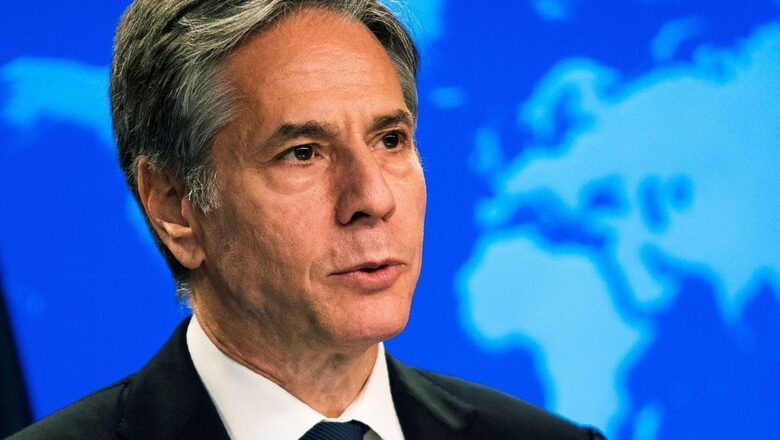
views
The Quad grouping is not on military lines, but like-minded democracies coming together on crucial issues of vaccine, climate change, and maritime security, said US Secretary of State Antony Blinken.
In an exclusive interview with CNN-News18’s Managing Editor Zakka Jacob, Blinken — who is on an official visit to India — talked about working with India on an open and free Indo-pacific region, on providing Pfizer-Moderna vaccines, and also about a solution to the conflict in Afghanistan post the United States’ withdrawal of its troops.
Here are the edited excerpts from the interview:
Q) What is the United States’ version of the Quad grouping?
It’s not on military lines; it’s a group of like-minded democracies coming together on issues that are important for people’s lives, and also a conviction that Indo-pacific needs to be a free and open region. We are working together on providing more Covid-19 vaccines to the world, on climate change and maritime security to infrastructural projects.
Q) What do you have to say on China’s criticism that the purpose of Quad is to target Beijing?
I don’t think producing more and more vaccines is targeting China, it’s more of trying to help the region and world to get rid of the virus. We are working together towards the same.
Q) Why haven’t we got the two American vaccines Pfizer and Moderna to Indians, yet?
I need to say that when we were suffering from the pandemic, India came to our rescue by providing help. We did the same when India suffered, and our private sector came together to help people. With any country, there is approval and regulatory process, and legal process required for receiving vaccines, and that’s where things stand.
Q) We are approaching the 20th anniversary of the 9/11 attacks. The decision to withdraw troops (from Afghanistan), do you think it was rushed?
We went to Afghanistan because we were attacked on 9/11. We went to make sure that we would bring to justice those who attacked us, a large part of which we have achieved.
Bin Laden was brought to justice after 10 years, Al-Qaeda has been largely diminished. So, we have achieved a lot of things in 20 years, 20 billion dollars now. Afghanistan has to be prepared to stand on itself, as we are withdrawing our forces, but we are very much involved in helping the government and providing assistance to try to bring together the parties and make sure there is peace in the region.
Q) What do you have to say about China getting involved in the Taliban matter, the prevailing notion is that as the US withdraws its troops, China is trying to fill the vacuum.
Neighbouring countries of Afghanistan have an interest in the region. Pakistan, Iran, Asia, and Central Asian countries, everyone has an interest in the region, but no one has an interest in the region falling into an enduring civil war or the hands of the Taliban.
Everyone has an interest in the peaceful resolution of the conflict. If China and other countries are working on that interest, then it’s a positive thing
Q) What do you have to say on the area of concern vis a vis India and its democratic institutions?
We both have challenges in our democracies. One such challenge is in cyberspace and the space of the internet, and the distinction between regulating misinformation in cyberspace, versus political speech; it’s a thin line. We have to look at them carefully. We come from the same place; societies that are animated by democratic ideals and very vibrant democracies. It’s good for us that we get to speak about it in an open space.
Q) You will be meeting Prime Minister Narendra Modi, will you be inviting him to the White House or Will Biden be coming to India, soon?
President Biden will surely welcome PM Modi if he was to visit, and the same goes for Biden if he comes here. No dates are fixed yet.
Read all the Latest News, Breaking News and Coronavirus News here.











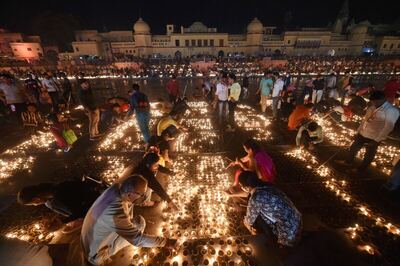
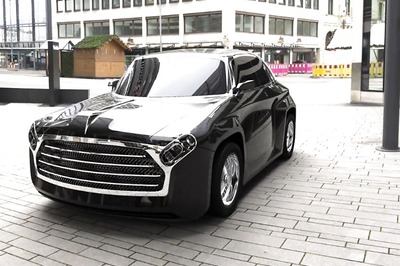
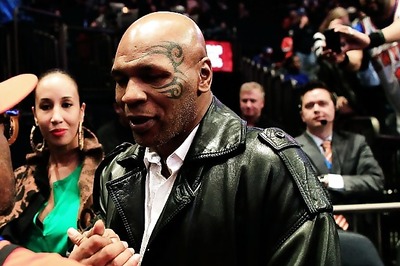

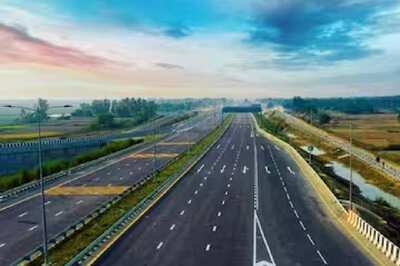

Comments
0 comment